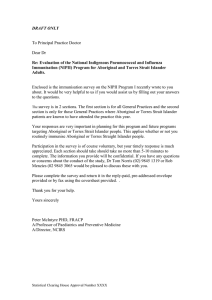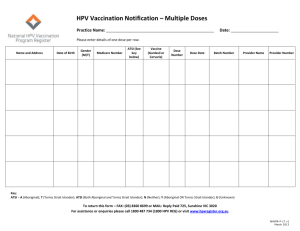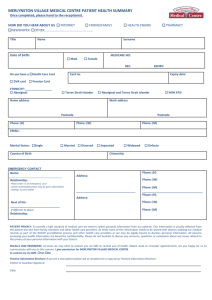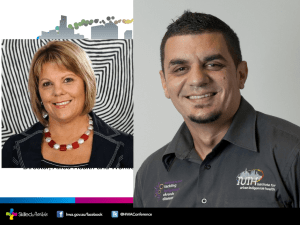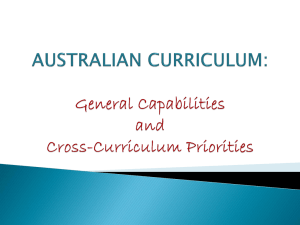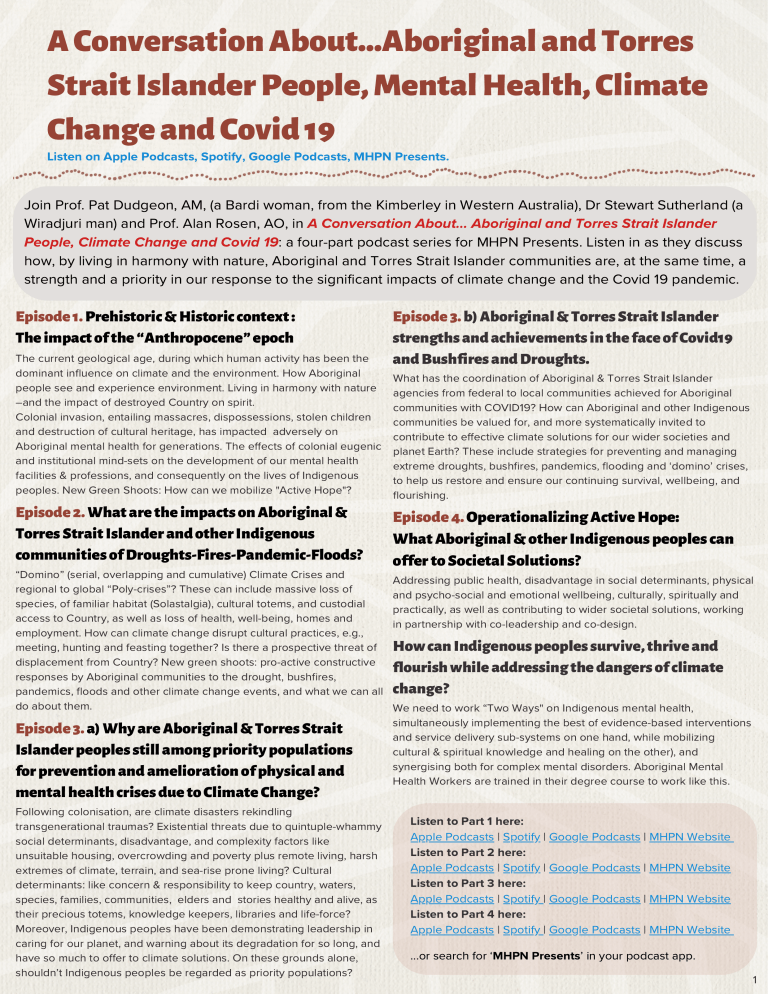
A Conversation About…Aboriginal and Torres Strait Islander People, Mental Health, Climate Change and Covid 19 Listen on Apple Podcasts, Spotify, Google Podcasts, MHPN Presents. Join Prof. Pat Dudgeon, AM, (a Bardi woman, from the Kimberley in Western Australia), Dr Stewart Sutherland (a Wiradjuri man) and Prof. Alan Rosen, AO, in A Conversation About… Aboriginal and Torres Strait Islander People, Climate Change and Covid 19: a four-part podcast series for MHPN Presents. Listen in as they discuss how, by living in harmony with nature, Aboriginal and Torres Strait Islander communities are, at the same time, a strength and a priority in our response to the significant impacts of climate change and the Covid 19 pandemic. Episode 1. Prehistoric & Historic context : The impact of the “Anthropocene” epoch The current geological age, during which human activity has been the dominant influence on climate and the environment. How Aboriginal people see and experience environment. Living in harmony with nature –and the impact of destroyed Country on spirit. Colonial invasion, entailing massacres, dispossessions, stolen children and destruction of cultural heritage, has impacted adversely on Aboriginal mental health for generations. The effects of colonial eugenic and institutional mind-sets on the development of our mental health facilities & professions, and consequently on the lives of Indigenous peoples. New Green Shoots: How can we mobilize "Active Hope"? Episode 2. What are the impacts on Aboriginal & Torres Strait Islander and other Indigenous communities of Droughts-Fires-Pandemic-Floods? “Domino” (serial, overlapping and cumulative) Climate Crises and regional to global “Poly-crises”? These can include massive loss of species, of familiar habitat (Solastalgia), cultural totems, and custodial access to Country, as well as loss of health, well-being, homes and employment. How can climate change disrupt cultural practices, e.g., meeting, hunting and feasting together? Is there a prospective threat of displacement from Country? New green shoots: pro-active constructive responses by Aboriginal communities to the drought, bushfires, pandemics, floods and other climate change events, and what we can all do about them. Episode 3. a) Why are Aboriginal & Torres Strait Islander peoples still among priority populations for prevention and amelioration of physical and mental health crises due to Climate Change? Following colonisation, are climate disasters rekindling transgenerational traumas? Existential threats due to quintuple-whammy social determinants, disadvantage, and complexity factors like unsuitable housing, overcrowding and poverty plus remote living, harsh extremes of climate, terrain, and sea-rise prone living? Cultural determinants: like concern & responsibility to keep country, waters, species, families, communities, elders and stories healthy and alive, as their precious totems, knowledge keepers, libraries and life-force? Moreover, Indigenous peoples have been demonstrating leadership in caring for our planet, and warning about its degradation for so long, and have so much to offer to climate solutions. On these grounds alone, shouldn’t Indigenous peoples be regarded as priority populations? Episode 3. b) Aboriginal & Torres Strait Islander strengths and achievements in the face of Covid19 and Bushfires and Droughts. What has the coordination of Aboriginal & Torres Strait Islander agencies from federal to local communities achieved for Aboriginal communities with COVID19? How can Aboriginal and other Indigenous communities be valued for, and more systematically invited to contribute to effective climate solutions for our wider societies and planet Earth? These include strategies for preventing and managing extreme droughts, bushfires, pandemics, flooding and ‘domino’ crises, to help us restore and ensure our continuing survival, wellbeing, and flourishing. Episode 4. Operationalizing Active Hope: What Aboriginal & other Indigenous peoples can offer to Societal Solutions? Addressing public health, disadvantage in social determinants, physical and psycho-social and emotional wellbeing, culturally, spiritually and practically, as well as contributing to wider societal solutions, working in partnership with co-leadership and co-design. How can Indigenous peoples survive, thrive and flourish while addressing the dangers of climate change? We need to work “Two Ways" on Indigenous mental health, simultaneously implementing the best of evidence-based interventions and service delivery sub-systems on one hand, while mobilizing cultural & spiritual knowledge and healing on the other), and synergising both for complex mental disorders. Aboriginal Mental Health Workers are trained in their degree course to work like this. Listen to Part 1 here: Apple Podcasts | Spotify | Google Podcasts | MHPN Website Listen to Part 2 here: Apple Podcasts | Spotify | Google Podcasts | MHPN Website Listen to Part 3 here: Apple Podcasts | Spotify | Google Podcasts | MHPN Website Listen to Part 4 here: Apple Podcasts | Spotify | Google Podcasts | MHPN Website ...or search for ‘MHPN Presents’ in your podcast app. 1 A Conversation About…Aboriginal and Torres Strait Islander People, Mental Health, Climate Change and Covid 19 Listen on Apple Podcasts, Spotify, Google Podcasts, MHPN Presents. Join Prof. Pat Dudgeon, AM, (a Bardi woman, from the Kimberley in Western Australia), Dr Stewart Sutherland (a Wiradjuri man) and Prof. Alan Rosen, AO, in A Conversation About… Aboriginal and Torres Strait Islander People, Climate Change and Covid 19: a four-part podcast series for MHPN Presents. Listen in as they discuss how, by living in harmony with nature, Aboriginal and Torres Strait Islander communities are, at the same time, a strength and a priority in our response to the significant impacts of climate change and the Covid 19 pandemic. Postscript: How can we operationalize active hope to sustain the mental health / Social & Emotional Well-Being of Indigenous communities in the face of Climate Change? Partially with strategies ensuring Reparative Justice (Constitutionally enshrined Recognition and a Voice to Government, leading to a Truthtelling and hearing process, then Public Apology by all mental health professions and other colonially controlling organisations, which colluded in separating families, and reparations-in-kind culminating in Treaty and Reconciliation). These steps will help to empower Aboriginal & Torres Strait Islander people to operationalize "active hope" and traditional wisdom to complement the science for developing practical strategies to effectively address Climate Change. Visit the MHPN website for episode host and guest bios, recommended resources and a self-directed CPD form. Subscribe to MHPN Presents now to access future episodes of A Conversation About… Aboriginal and Torres Strait Islander People, Climate Change and Covid 19 right from the launch. Share your comments, questions and feedback about "A Conversation About…", or any of MHPN’s podcast series here: bit.ly/37FFMFM To begin listening to this series just enter: https://mhpn.org.au/podcasts/A-Conversation-About%E2%80%A6/ The Mark Sheldon Prize 2023 – Professor Pat Dudgeon, AM was conferred at the Royal Australian & New Zealand College of Psychiatrists Congress in Perth WA on 29 May 2023 The Royal Australian & New Zealand College of Psychiatrists (RANZCP) Mark Sheldon Prize was established by the family, friends and colleagues of the late Dr Mark Sheldon to recognise noteworthy contributions to Indigenous mental health in Australia or Aotearoa New Zealand. Prof. Dudgeon’s meritorious contributions to psychiatry and psychology over decades were strongly commended. From role modelling through to personal and political advocacy, professional activities and community contributions, she has actively and continuously supported best practice in Aboriginal mental health. Please vote YES in the referendum to enshrine formal recognition and the Voice to Parliament and the Executive for Aboriginal & Torres Strait Islander people in the Australian Constitution. This is likely to unite Australian peoples in an enduring way, rather than racially dividing us further as claimed, and will ultimately be good for the health, mental health, social & emotional wellbeing of Aboriginal Communities and us all. 2
